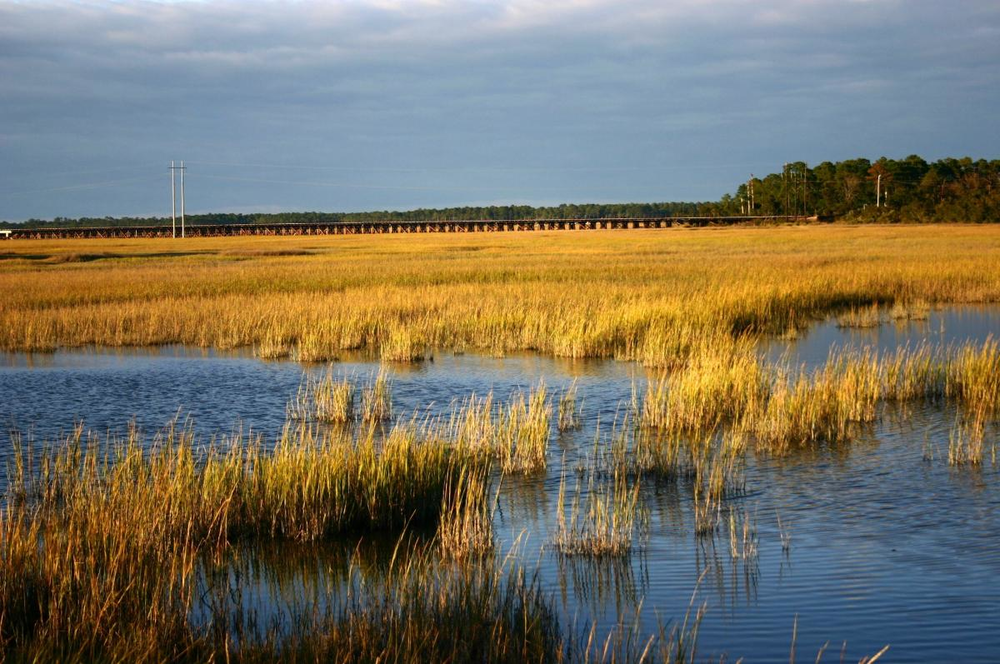
Section Branding
Header Content
Bill aims to speed up Georgia marshland ownership confirmation
Primary Content

Georgia lawmakers are weighing a bill that seeks to make it easier for coastal property owners to restore and conserve wetlands, but some environmental advocates say it would weaken existing protections.
The Coastal Marshlands Restoration Act has been under consideration by the Georgia House Natural Resources and Environment Committee since the first of February.
Rep. Jesse Petrea, a Republican from Savannah who co-sponsored the bill, said thousands of acres of marshland are privately owned — the exact number is unknown. He said those property owners can wait years to receive the ownership confirmation needed before starting restoration or conservation projects.
If it becomes law, the act would require the Attorney General to provide written certification regarding the ownership of coastal marshland within a 60-day period. Failure to respond within the time period would be considered confirmation that the petitioner has traced the title to a grant from the state or the King of England during the Colonial period.
Petrea said this requirement would speed up the tracing of ownership from both king’s grants and state grants.
“There is a process that is very cumbersome and very expensive, and which, quite frankly, to most people that have been involved in these kinds of proceedings, looks to be intentional,” Petrea said.
However, some conservationists say this bill could weaken the protections already in place for the coastal marshland because it lacks clear definitions of restoration and conservation.
Amy Sharma, executive director of Science for Georgia, also criticized the proposed 60-day period in testimony before the House committee.
“This time period is unrealistically small, given that we declared independence from England about 250 years ago,” Sharma said. “There are a lot of complicated and unusual conditions in many king’s grants.”
The Coastal Marshlands Restoration Act is planned to work in conjunction with legislation passed in 1970, which provides authority to the Board of Natural Resources and the Coastal Marshlands Protection Committee to regulate and protect Georgia’s 368,000 acres of coastal marshlands.
Rena Ann Peck, executive director of the Georgia River Network, says that the legislation already in place was originally created to protect the coastal marshlands from mining.
She said the marshes are a rich ecosystem that need protection.
“Because of the Coastal Marshlands Protection Act, we have more marsh than anyone on the Eastern Seaboard, and this is so important in preserving our barrier islands, which protect our coast from rising sea levels and the impact of climate change,” Peck said. “These marshlands are an incredible system for our resilience in Georgia.”

